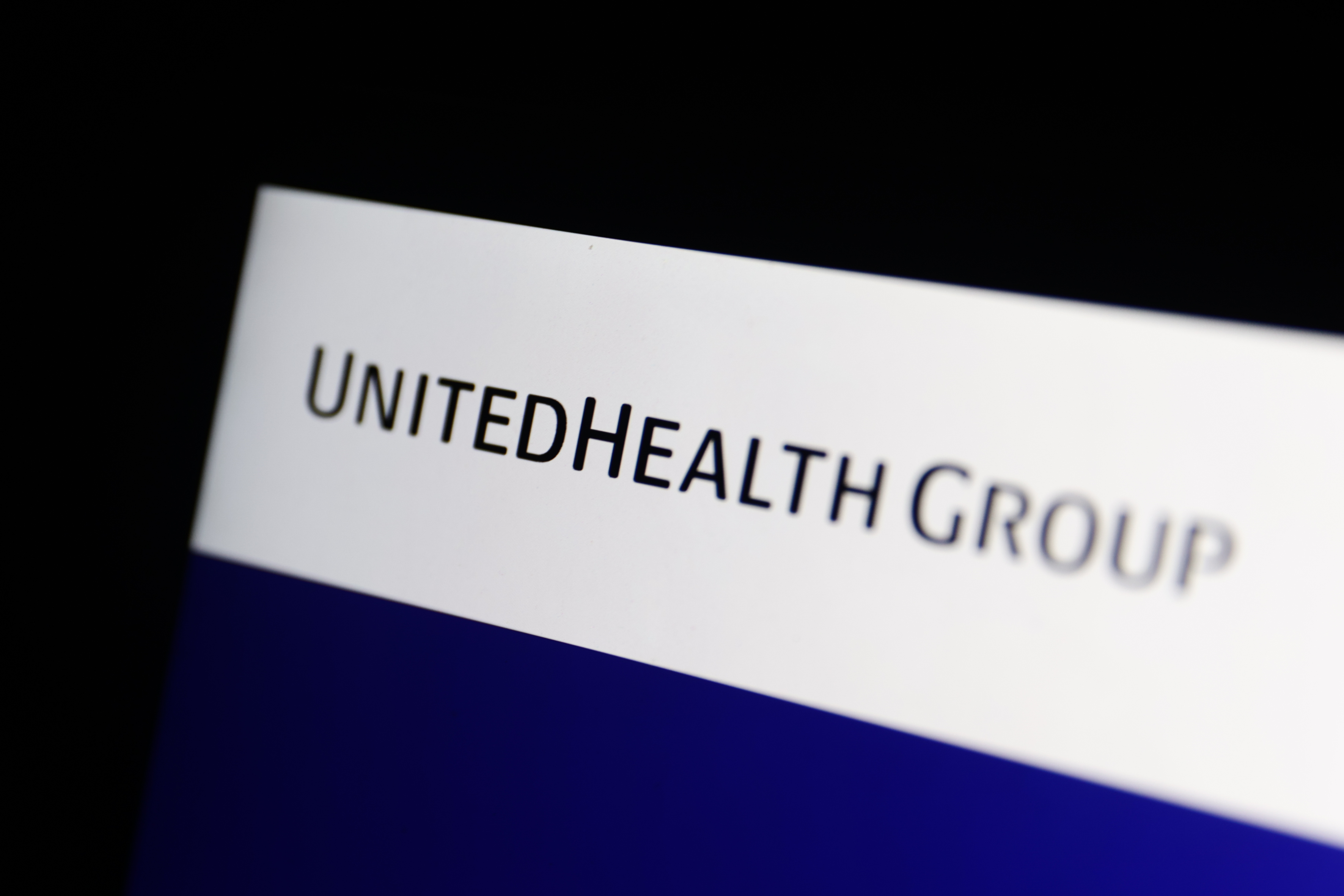A once-in-a-generation infrastructure project in Allston appears to be in line for a big boost of federal cash.
U.S. Sen. Ed Markey announced Monday that the "multimodal" project to replace the aging viaduct that carries Interstate 90 past Boston University and to reorganize the riverside area around it will get more than $300 million from Washington, D.C.
"I am proud to announce that after advocacy to @SecretaryPete and @USDOT we have secured $335.4 million in funding for the Allston I-90 Multimodal Project to reconnect EJ communities in Allston and Brighton that were unjustly severed from Boston's downtown and the Charles River," Markey tweeted Monday afternoon.
Although the U.S. Department of Transportation had not yet publicly announced the next round of funding in that program as of Monday afternoon, Gov. Maura Healey's office confirmed the award through the Reconnecting Communities and Neighborhoods program.
Healey in a statement called the money "another major win for Massachusetts."
"The Allston Multimodal Project is a once-in-a-generation opportunity to improve transportation infrastructure in the Allston community and better connect residents across the state with housing and job opportunities," Healey said.
Federal funding could be key to achieving the suite of reforms envisioned, which would reorganize highway, rail and pedestrian infrastructure on a narrow stretch of land between BU and the Charles River in Allston.
In addition to replacing the I-90 viaduct, the proposal also includes construction of an MBTA West Station along the commuter rail's Worcester Line, new waterfront and open space access, a new bicycle and pedestrian bridge, and four acres of parks, according to Healey's office.
Officials project the total price tag will climb to nearly $2 billion. Last year, BU, Harvard University and the city of Boston collectively pledged $300 million toward the project, according to CommonWealth Beacon.
"This funding is a massive win for Massachusetts that will deliver transformational transportation options, unprecedented development opportunities, and critical environmental benefits for Boston, Worcester, and beyond," A Better City CEO Kate Dineen said. "Righting some of the wrongs of past transportation policy, the project will tear down an elevated section of the Mass Pike and put the roadway at ground level, establish a new multimodal transit hub and commuter rail stop at West Station, enhance pedestrian and bicycling infrastructure, and restore the degraded riverbank."



